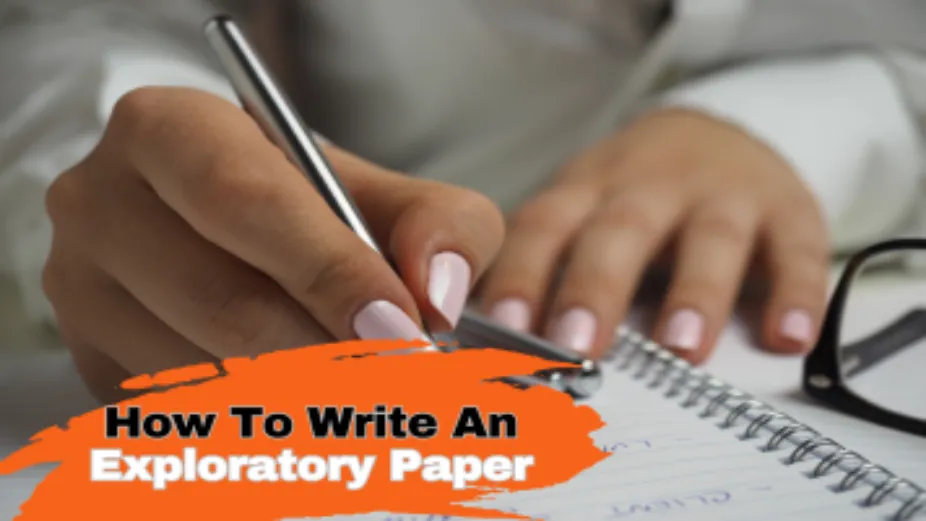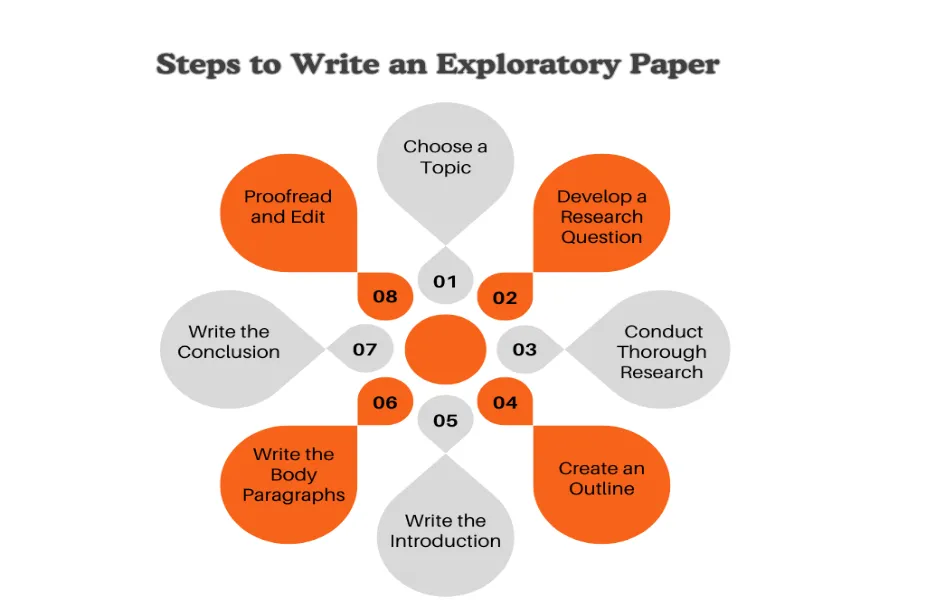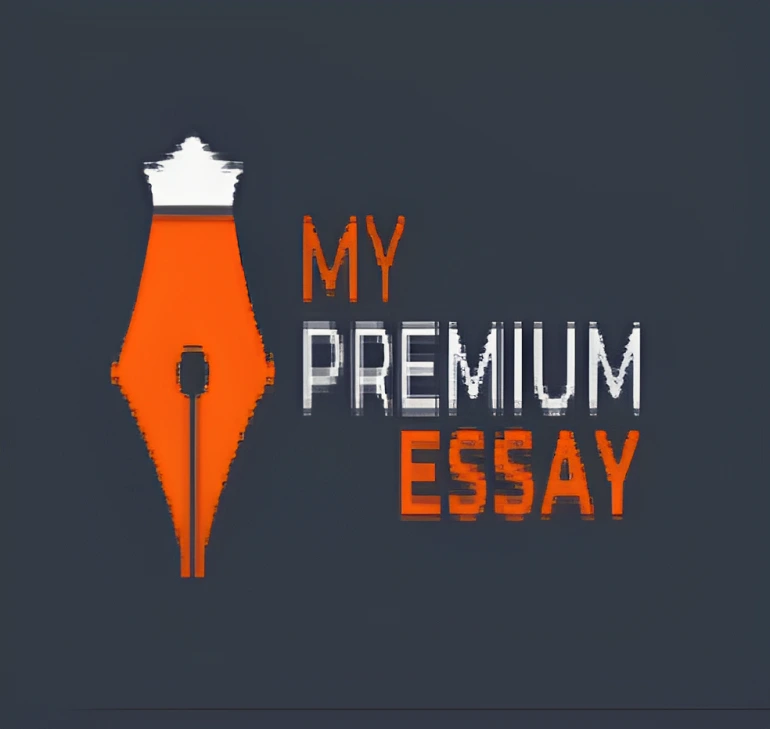Writing an exploratory paper is an exciting journey. Unlike argumentative or persuasive essays, an exploratory paper allows you to investigate an issue without necessarily taking a stance. Writing an exploratory paper involves researching a topic from multiple perspectives without arguing for a single viewpoint. This type of essay allows you to delve deeply into a subject, examining its complexities and uncovering various insights. Consider it an intellectual exploration where you gather information and reflect on different findings. This guide will help you navigate the process of writing an influential exploratory paper.

What is an Exploratory Paper
An exploratory paper examines a topic by exploring different viewpoints and possible solutions. It doesn't argue for a single position but presents a balanced view of the topic, considering multiple angles and the research process involved. here are several types of exploratory research. This paper often includes background information, discusses your research journey, and reflects on the findings.
Steps to Write an Exploratory Paper
Follow the following steps to write a good exploratory paper:

1 Choose a Topic
Selecting a topic is the first step in writing an exploratory paper. Pick a subject that interests you and has multiple viewpoints. The topic should be broad enough to explore in depth but specific sufficient to manage within the scope of your paper.
-
Interest: Choose a topic you are curious about.
-
Complexity: Ensure it has multiple aspects to explore.
-
Relevance: Select a topic relevant to your course or field.
2 Develop a Research Question
A research question should guide your exploratory paper. This question sets the direction for your investigation and helps focus your research.
-
Be Specific: Clearly define what you want to explore.
-
Open-Ended: Ensure the question invites multiple viewpoints.
-
Relevance: Make sure the question is significant to the topic.
3 Conduct Thorough Research
An exploratory paper relies heavily on research. Use credible sources to gather diverse perspectives on your topic.
-
Diverse Sources: Include academic articles, books, and reputable websites.
-
Take Notes: Jot down important points and quotes.
-
Organize Group similar ideas and sources together.
4 Create an Outline
Organize your thoughts and structure your paper with an outline. This helps ensure a logical flow and comprehensive coverage of your topic.
-
Introduction: Introduce the topic and your research question.
-
Body Paragraphs: Each paragraph should explore a different aspect or viewpoint.
-
Conclusion: Summarize your findings and reflect on the research process.
5 Write the Introduction
The introduction sets the stage for your exploratory paper. It should provide background information and state your research question.
-
Hook: Start with an interesting fact or question.
-
Context: Provide background on the topic.
-
Research Question: Clearly state your research question.
6 Write the Body Paragraphs
The body paragraphs should each focus on a different aspect or viewpoint related to your topic. Discuss your research process, findings, and how each source contributed to your understanding.
-
Topic Sentence: Introduce the main idea of the paragraph.
-
Evidence: Present research findings and quotes.
-
Analysis: Explain how the evidence relates to your research question.
-
Transition: Connect each paragraph smoothly.
7 Write the Conclusion
The conclusion should revisit your research question and summarize your findings. Reflect on what you learned and suggest areas for further research.
-
Restate Research Question: Summarize your exploration.
-
Summarize Findings: Highlight critical points discussed in the paper.
-
Reflect: Discuss what you learned and any new questions that emerged.
8 Proofread and Edit
Many students have a thought Can I Buy Essays Online? So yes you can. Even if you have purchased a paper, make sure to proofread that. Before finalizing your paper, proofread and edit to ensure clarity and coherence. Check for grammatical errors and ensure that your paper flows logically.
-
Grammar and Spelling: Correct any errors.
-
Clarity: Ensure your ideas are clearly expressed.
-
Consistency: Maintain a consistent tone and style.
Tips for Writing an Exploratory Paper
Here are some helpful tips for writing an effective paper:
-
Stay Neutral: Present multiple viewpoints without bias to give a balanced perspective.
-
Be Curious: Approach the topic with an open mind and a willingness to learn, exploring all possible angles.
-
Use Credible Sources: Support your exploration with reliable and authoritative evidence to ensure accuracy and depth.
-
Reflect: Include personal reflections on the research process and findings to provide insight into your learning journey.
-
Organize Your Thoughts: Create an outline to structure your paper logically, making it easier for readers to follow.
-
Ask Questions: Continuously ask questions to deepen your understanding and exploration of the topic.
-
Analyze Findings: Don’t just present facts; analyze and interpret them to show their significance.
-
Use Clear Language: Write in a clear, concise manner to ensure your paper is accessible and understandable.
-
Revise and Edit: Proofread your paper to eliminate errors and improve clarity, coherence, and readability.
Here are the Tips on how to extend essay length.
Example Outline for an Exploratory Paper
Introduction
-
Hook: Start with an interesting fact or question.
-
Background: Provide context for the topic.
-
Research Question: Clearly state the question guiding your exploration.
Body Paragraphs
-
Paragraph 1: Explore the first viewpoint or aspect.
- Topic Sentence: Introduce the main idea.
- Evidence: Present research findings.
- Analysis: Explain how this viewpoint contributes to understanding the topic.
- Transition: Connect to the next paragraph
-
Paragraph 2: Explore the second viewpoint or aspect.
- Topic Sentence: Introduce the main idea.
- Evidence: Present research findings.
- Analysis: Explain how this viewpoint contributes to understanding the topic.
- Transition: Connect to the next paragraph.
-
Paragraph 3: Explore the third viewpoint or aspect.
- Topic Sentence: Introduce the main idea.
- Evidence: Present research findings.
- Analysis: Explain how this viewpoint contributes to understanding the topic.
- Transition: Connect to the conclusion.
Conclusion
-
Restate Research Question: Summarize the exploration.
-
Summarize Findings: Highlight key points.
-
Reflect: Discuss what you learned and suggest areas for further research.
We Are Here To Help
You can create an engaging and informative paper by choosing a compelling topic, conducting thorough research, and presenting multiple viewpoints. Remember to stay neutral, be curious, and reflect on your research process. Happy writing!
Our essay writing service is here if you're stuck and need help. Contact us to get professional assistance and ensure your exploratory papers are top-notch!




